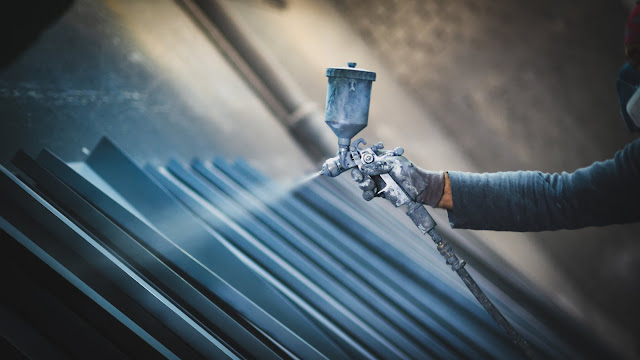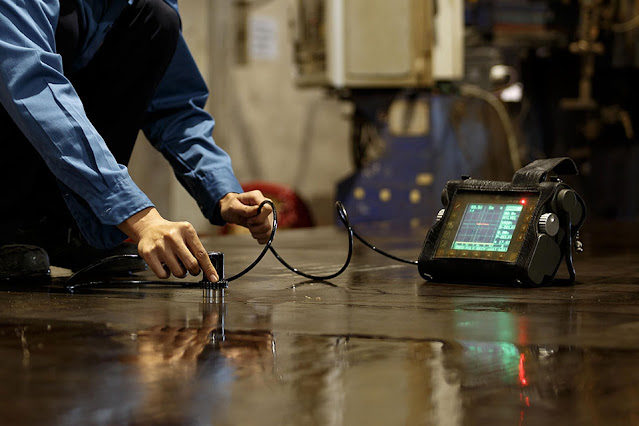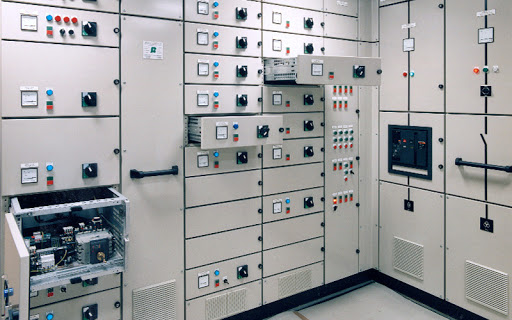What Is Smart Coatings and Why Is Everyone Talking about It?
Smart Coatings
Smart coatings are specialized films with predetermined characteristics that enable them to sense and react to external stimuli such as the environment. The coatings' capacity for self-healing and self-repair makes them excellent for applications including surface enhancement, material protection, and corrosion prevention. Smart coatings combine functionality and aesthetics to provide both common coating functions, such protection and ornamentation, as well as special functionalities based on environmental cues. Programmable materials having a range of physical, chemical, electrical, and mechanical properties are used to create coatings. The materials can react to various stimuli, including changes in pressure, chemical, heat, and light. The coatings are divided into groups based on their use, fabrication processes, and other factors.
Typical coatings include:
1. Self-healing
2. Self-cleaning
3. Microcapsule healing
4. Anticorrosion coatings
In corrosion protection, the
functionalities include sensing, warning, corrosion inhibition and repair. The
self-healing and multipurpose microcapsules are released when the pH level is
right, and this is accomplished by embedding them into the smart coating. The
capsule shells have a neutral pH and contain the responsive components. The
basic pH that arises from corrosion leads the pH-sensitive shell to hydrolyze
and break. In order to repair and protect the damaged area, the broken
microcapsule releases its corrosion inhibitor, self-healing agents, and
film-forming substances. Smart
coatings are intended to be passive unless instructed to carry out a
task depending on the stimuli, and they should be able to repeat the process
repeatedly for thousands of cycles or longer over the course of several years. By
cutting down on inspection hours, maintenance expenses, and equipment downtime,
smart coatings can increase a system's efficiency.
In addition to extending the
lifespan of parts and structures composed of corrosive materials, smart coating
also reduces the requirement for repairing corroded regions. Additional
benefits include their ability to identify and stop corrosion, the
administration of corrosion inhibitors on demand, and their environmental
friendliness. Smart
coatings are frequently used for corrosion and abrasion prevention
as well as other surface protection reasons in the medical, military, textile,
transport, construction, electronics, and other industries. By cutting down on
inspection time, equipment downtime, and maintenance expenses, coatings can
increase a system's efficiency. As a result of applying smart coating, less
maintenance is required in areas that have rusted, and the lifespan of parts
and assemblies made of corrosive materials is increased.




Comments
Post a Comment